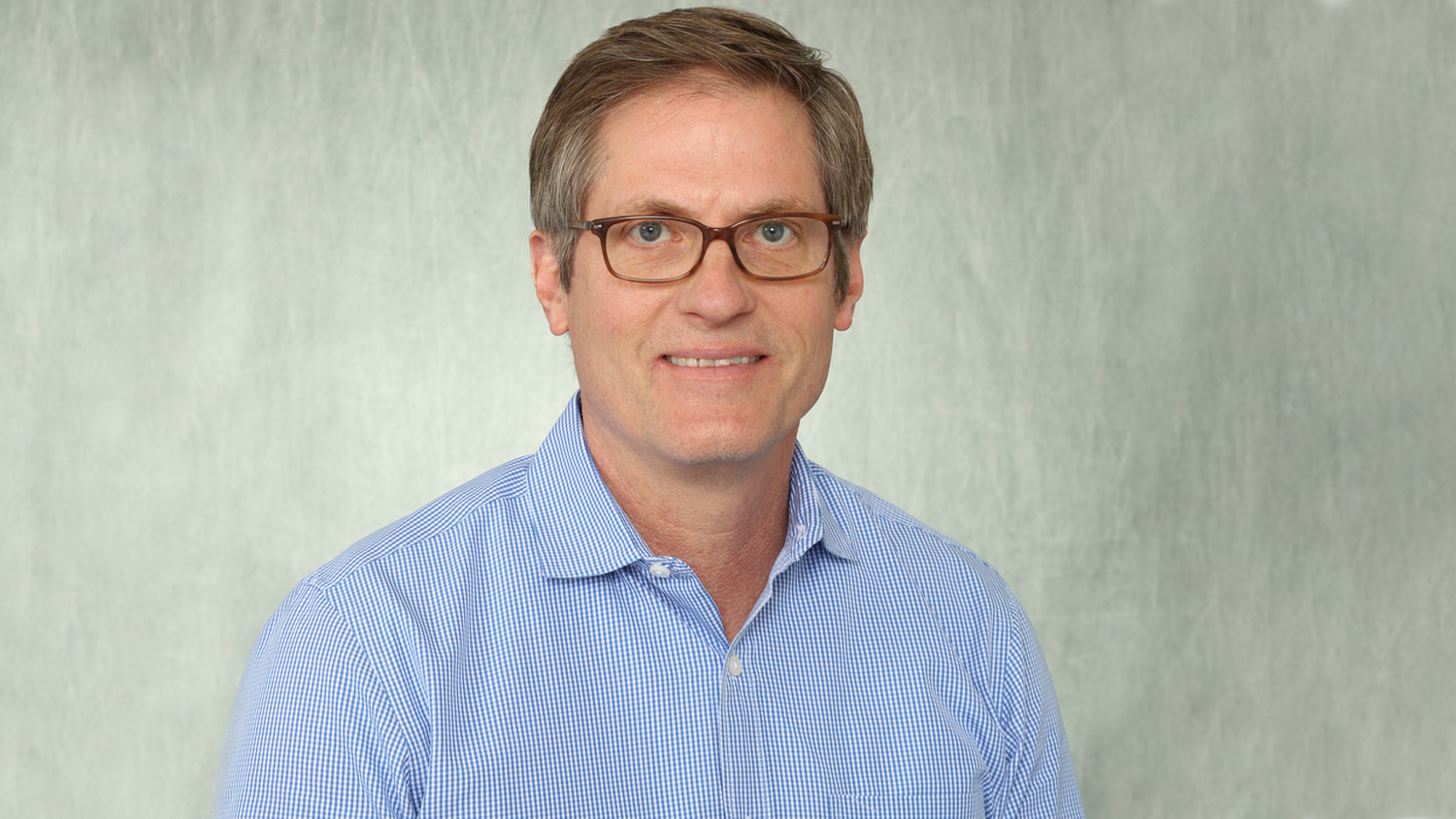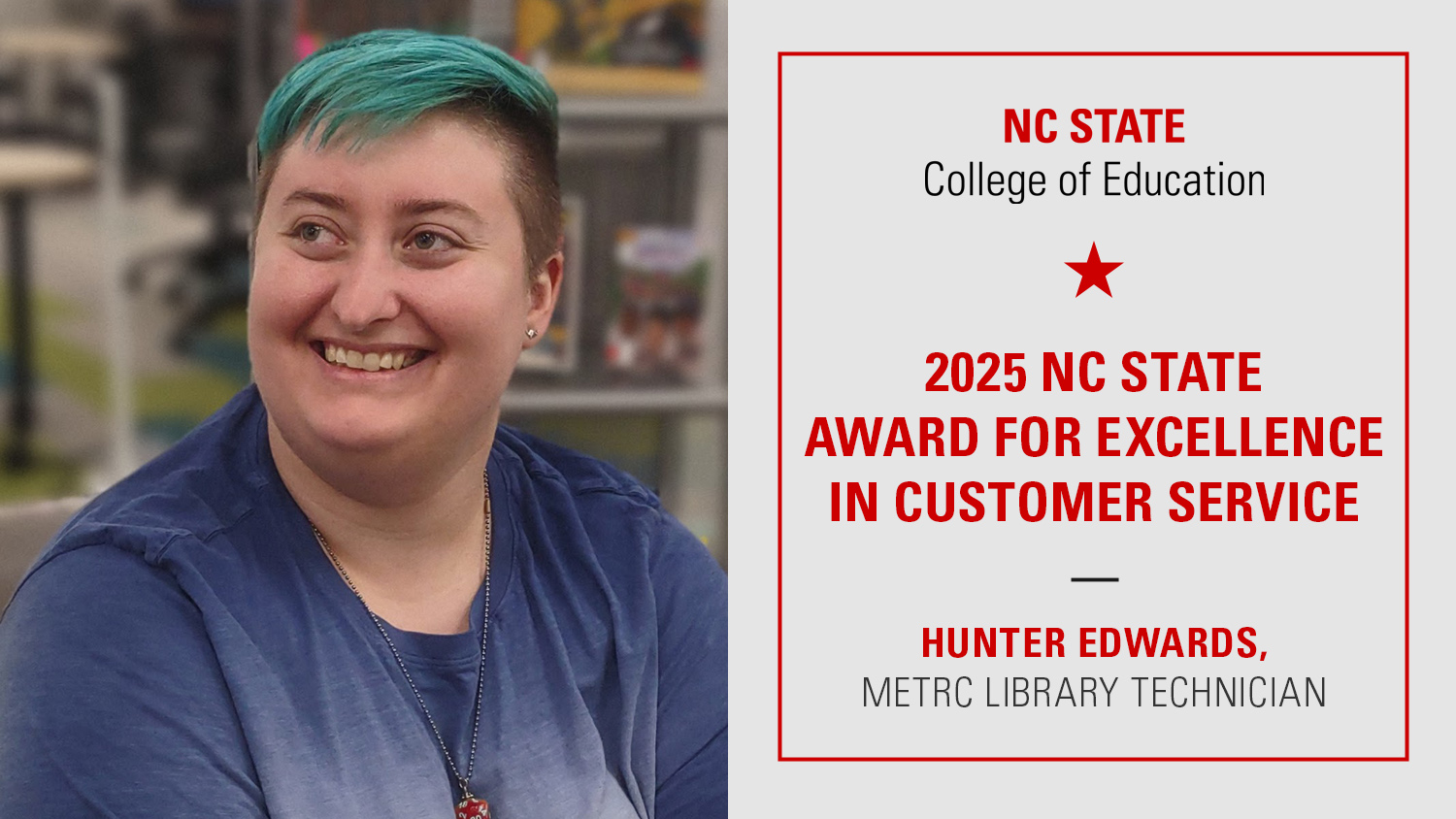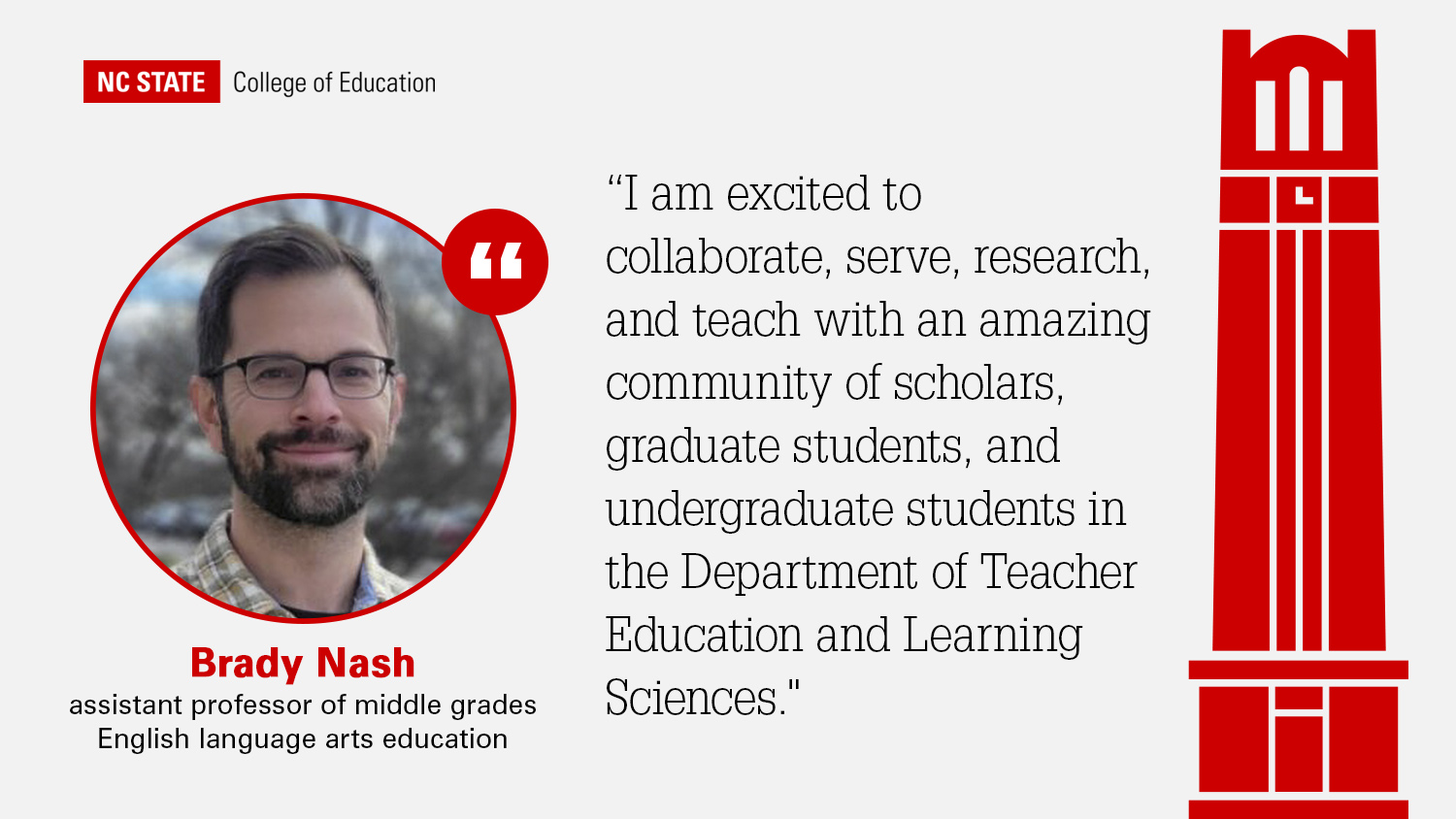John K. Lee: ‘When Our Faculty Excel Our Students Excel’

Why did you choose the NC State College of Education?
I originally chose the College of Education 14 years ago because I was intrigued by the opportunities at the college for me to pursue my scholarship. One of my areas of scholarship is the uses of technology in teaching and learning and specifically in digital history and NC State and the College of Education has then and continues to have a reputation and skilled faculty and opportunities that I saw would better fit my academic career. That continues to be true today in all of the work that I do.
[spotlight-box label=”” img=”” heading=”John K. Lee, Ph.D.” cta=”” url=””]
Title: Associate Dean for Faculty and Academic Affairs
Education: Ph.D. in Social Studies Education from the University of Virginia; Master of Education in Social Studies Education from Georgia State University; Bachelor of Arts in History from the University of Georgia[/spotlight-box]
Why did you choose a career in education?
There are two things that drove me and gave me a passion to want to be an educator. One was a love of the subject matter. My area is history and I was a history major in college and I couldn’t think of anything that would be more rewarding, professionally as a career, than being able to help others learn about history and maybe uncover the interests and the passions I had in that area.
When I went into education, I did not know that I also would find it to be very rewarding to work with young people, particularly middle school children. I found that to be a passion and ultimately for me it was a calling, that this was something that I could make a difference in doing. So, that became the driver when it was really difficult as a public school teacher, it was my desire to want to help kids, in all aspects of their lives, become better at what they’re doing. In social studies, we prepare people to become better citizens, so I wanted to help them to become better citizens and better able to participate in our shared democratic life.
What drew you to your specific field?
For me, it was beginning to understand that some of the complexities in our lives today can be understood through a study of history. I had an interest all along in the trappings of history without having studied it deeply. What I was able to find out through studying history is that you can apply analytical tools to understanding the past and understanding the ways in which the knowledge of the past can help us to better navigate the complexities of the present.
Why did you decide to pursue a Ph.D.?
I wanted more of everything that I was doing. I wanted to have the capacity to learn more, to know more, to have the skills to be able to do the work that I was doing as an educator and I believe that being in a doctoral program was going to enable me to be better at what I was doing. I wanted to be able to widen my impact and going into teacher education gave me an opportunity to get better at what I was doing, to know more about how to teach and how to teach well, and then to help others do the same.
What is one research project or moment in your academic career that you are particularly proud of?
At NC State, my work with the New Literacies Collaborative stands out as the thing that’s probably most impactful for me. Very early in my time here at NC State, I was able to connect with Hiller Spires and soon after she invited me to participate in this New Literacies Collaborative that she established and it gave me an opportunity to widen my network, to be able to work with others around the university and at other universities around the country and around the world. It became a model in my professional life of how to do that in other areas and I’ve continued to carry it forward today.
What do you most hope to accomplish in your role as an associate dean?
My vision as associate dean for faculty and academic affairs involves cultivating faculty excellence, supporting high-impact academic affairs and delivering on our college’s commitment to social justice. As an associate dean, I will continue my commitment to faculty in supporting their work, because when our faculty excel our students excel. I will also work to enrich academic success, engagement and opportunities for all students through high-impact academic programs that support diverse learning environments that are respectful of the needs of our learners. I am also prioritizing support of faculty and staff in identifying strategies and actions for the college to more fully engage in anti-racist education.
What do you think makes someone an “extraordinary educator?”
I think the most important thing is you have to care about others. You have to care about your students, you have to care about the communities within which your students live. It has to be something that matters to you, where you have a personal attachment and connection. I think the second thing that makes an educator extraordinary is that they understand that the world is not a perfect place, that the children that we teach face a lot of obstacles but they also face a lot of opportunities. Through our education, we can enable students to have opportunities to face those challenges and to be better at what they do. In doing that, it’s our responsibility to be as equitable as possible.
- Categories:


